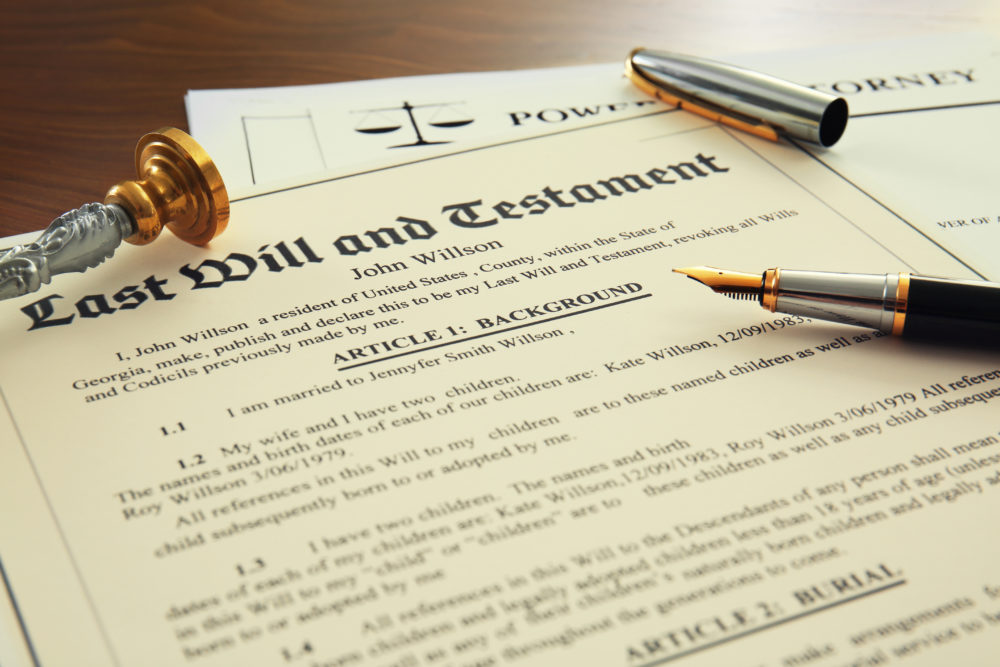
One of the most important jobs a person can be given is to act as the executor of another person’s will. When a person passes away, the executor carries out all of the responsibilities of managing the deceased party’s estate. The executor must gather the assets, make sure all taxes and debts are paid off, and distribute the assets to individuals who are named beneficiaries in the will.
When an individual names an executor, it is important that this person is trustworthy, has the ability to handle the estate’s assets, fulfill the testator’s wishes, and act in the best interests of the beneficiaries. Among the duties of the executor is to submit the Will to the County Surrogate for probate after the death of the testator, and receive Letters Testamentory (also called Short Certificates) giving the executor the authority to act on behalf of the estate. It should be kept in mind that executors certainly may, and often should, have guidance from an experienced attorney to represent and guide them in this process.
The executor has a fiduciary duty to act in the accordance with the terms of the Will and in the best interests of the estate and beneficiaries. Despite this, there are sometimes unfortunate situations where a person’s estate can be mishandled by an appointed executor and assets are distributed in a way that the deceased party would have never approved. Although the beneficiaries would have the ability to legally challenge the executor and have him or her removed by the court, the damage may already be done and legal fees would be incurred.
You may have Co-Executors, but you should make sure that these two individuals will not be at odds since they must both agree to all estate decisions. This is why it is frequently best to name one executor; however, the advantage in naming more than one is that there would be two individuals as check on each other.
Unfortunately, an executor may find themselves caught in the middle of a contested will. This situation may require the matter be handled in court. The executor must remain neutral in that event, and beneficiaries would have to obtain their own counsel with regard to the dispute.
If you have questions about appointing an executor or acting as an executor, contact our firm today.